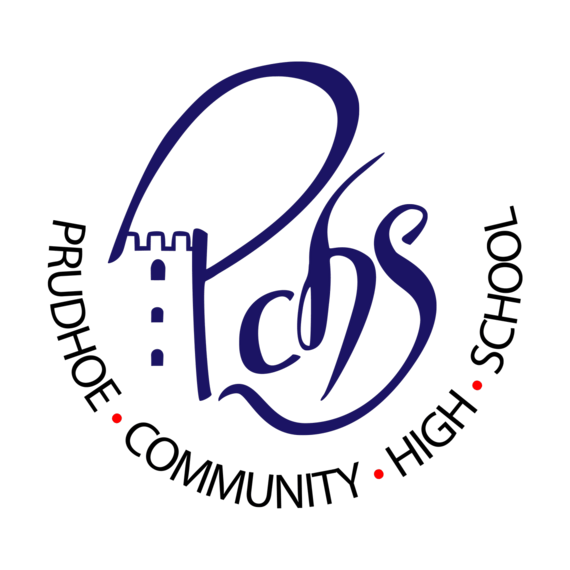About the department
The Design & Technology Department department at PCHS comprises three subject areas taught from KS3 to KS5.
Food, Materials and Engineering are taught in KS3 separately and provide the students with both practical making experiences and an appropriate range of research, design, planning and evaluation tasks.
Students are then able to opt to study one of the following subject areas at KS4 in Design & Technology; GCSE Food Preparation & Nutrition; GCSE Design & Technology (9-1) Timbers; OCR Engineering Design L1/2 Award/ Certificate. They are some of the most popular courses in the school and students are taught by experienced specialist subject teachers who enable students to fulfil their full potential with each qualification.
At KS5 students can choose to study A Level Product Design or the BTEC Level 3 National Extended Certificate in Engineering qualification in Design & Technology. Each year we have students that go on to study further in Design/ Architecture or Engineering at University as well as some students who gain Apprenticeships with local and national companies.
GCSE Food Preparation and Nutrition
This is an exciting and creative course which focuses on practical cooking skills to ensure students develop a thorough understanding of nutrition, food provenance and the working characteristics of food materials. At its heart, this qualification focuses on nurturing students’ practical cookery skills to give them a strong understanding of nutrition.
Food preparation skills are integrated into five core topics:
- Food, nutrition and health
- Food science
- Food safety
- Food choice
- Food provenance
Year 9 Cooking and Nutrition Recipes 2021-22
GCSE Design & Technology (9-1): Timbers
This is an inspiring, rigorous and practical course. Using creativity and imagination, pupils design and make products that solve real and relevant problems within a variety of contexts, considering their own and others’ needs, wants and values. The course will prepare students to participate confidently and successfully in an increasingly technological world. Students will gain awareness and learn from wider influences on Design and Technology including historical, social, cultural, environmental and economic factors. Students will get the opportunity to work creatively when designing and making and apply technical and practical expertise.
At its heart, this qualification focuses on nurturing students’ design, research and practical skills using timber and manmade board to give them confidence and a sound understanding of how materials are used to create products in the real world.
Cambridge National Engineering Design
OCR Engineering Design L1/2 Award/CertificateOur Cambridge National in Engineering Design helps students understand the processes of engineering design and how market requirements inform client briefs. Through practical activities they develop skills in computer modelling and model making and how to communicate design ideas effectively.
Students explore the requirements of design briefs and specifications for the development of new products and how consumer requirements and market opportunities inform these briefs. They develop their understanding of the design cycle, the requirements for a design brief and design specification, and the importance of research data in developing a design solution.
Students find out how to perform effective product analysis through both research and practical experience of product assembly and disassembly procedures. This helps them develop skills in critical analysis and an understanding and appreciation of manufacturing processes, design features, materials used and the principles behind good design.
Students develop their knowledge and skills in communicating 2D and 3D design ideas, including effective annotation and labelling. They use detailed hand rendering as well as computer-based presentation techniques and industry standard computer-aided design (CAD) software.
Students produce a model prototype and test design ideas in a practical context. They evaluate the prototype against the product specification and consider potential improvements to features, function, materials, aesthetics and ergonomics in the final product.
Students produce a model prototype and test design ideas in a practical context. They evaluate the prototype against the product specification and consider potential improvements to features, function, materials, aesthetics and ergonomics in the final product.
A Level Product Design
The Product Design A Level is a balance between creative design and design theory. The substantial creative project element allows students to steer the direction of their work down a more graphical route or a more 3D resistant materials route depending on individual preference.
The course is challenging, thought-provoking, stimulating and fast-moving, as students balance developing an understanding of design theory alongside the demands of creative project work where elements of the theory are applied.
BTEC Engineering
BTEC Level 3 National Extended Certificate in Engineering
A BTEC in Engineering is a great choice for students looking for a practical and creative qualification. The course aims to provide students with the relevant skills and knowledge that employers value, as well as the confidence to progress into a fulfilling, exciting career. BTECs embody a fundamentally learner-centred approach to the curriculum, with a unit-based structure and knowledge applied in project-based assessments. They focus on the holistic development of the practical, interpersonal and thinking skills required to be able to succeed in employment and higher education.
Links to key documents
Details of our curriculum plans across all key stages can be found here:

